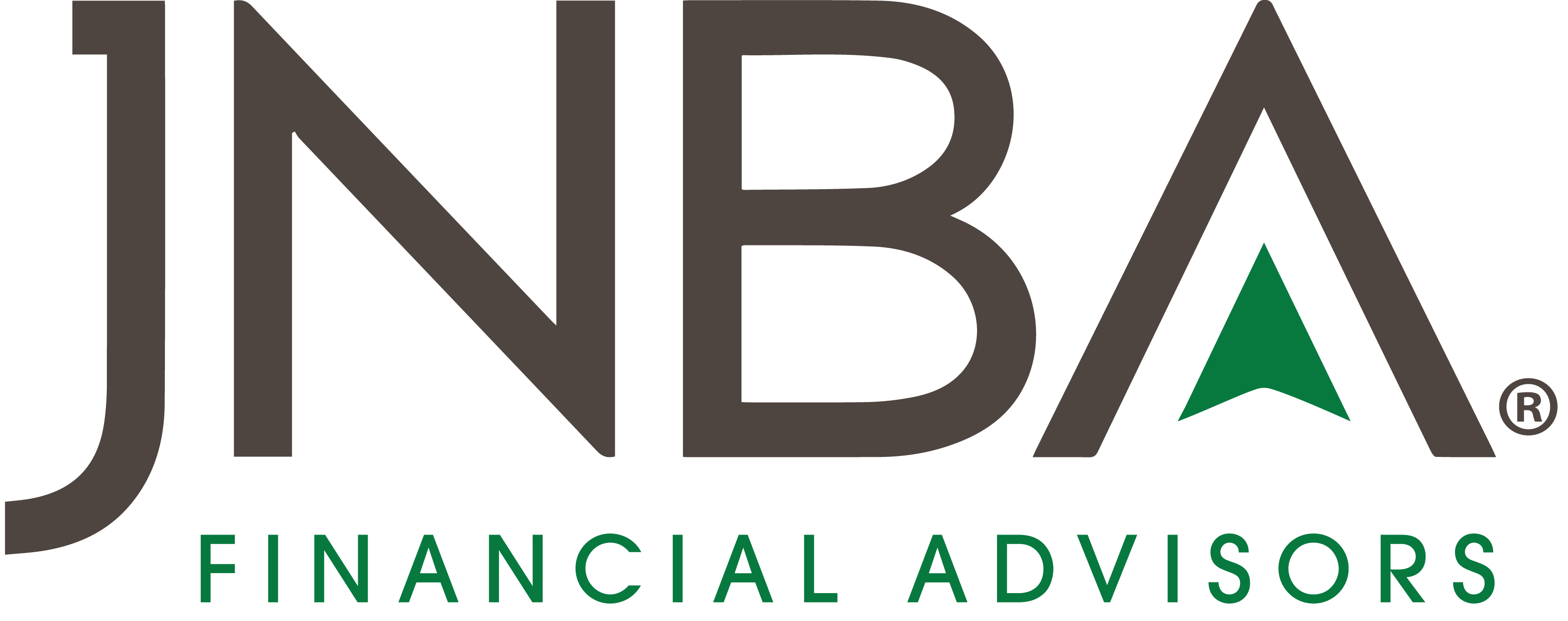Many employees are currently in the midst of open enrollment season. It can be tempting to approach open enrollment with a “copy and paste” mentality, but we believe this is a great opportunity to confirm and enhance your benefit elections for the coming year. If you experienced life changes or transitions in 2022 (e.g., getting married) or if you are planning for a big event in 2023 (e.g., having a baby), it is especially important to review all benefits offered to you to ensure your elections are still appropriate. Here are a few key items to confirm as you enroll in your company benefits:
Retirement Plans
- Review your employee contribution elections. Are you contributing at least enough to receive the full employer match? Will you get a raise in the next year that would allow you to contribute more to the plan without cash flow implications?
- Maximum contributions will go up again in 2023 (to a maximum of $22,500 for those under age 50). Were you deferring the maximum and need to update this to account for the increase?
- Determine if your plan allows for both Traditional 401(k) and Roth 401(k) contributions. If yes, determine if it makes sense to allocate contributions towards the Traditional or Roth plan.
- Does your employer offer other optional retirement plans beyond a 401(k) like an ESOP or Deferred Compensation Plan? If yes, confirm if your employer makes a contribution to those plans as well, and ensure you contribute enough to these plans to receive the full match amount.
- If you are managing the 401(k) investments yourself, open enrollment is a great time to confirm your investment allocation to ensure it is still appropriate.
- Did your employer change the retirement plan provider (e.g., custodian change)? If yes, it is important to review the new plan provider details to ensure you understand all options on the new platform and to confirm details like beneficiary designations.
Insurance Benefits
Review your health, vision, and dental insurance elections. Confirm if your prior year plan is still appropriate (e.g., family coverage, level of care, etc.).
- Explore all health insurance options each year to understand the total estimated cost you will pay out-of-pocket based on premium, deductible, and co-insurance amounts. Be sure to compare coverage options between spouses.
- Determine if you should enroll in an HSA (Health Savings Account) or FSA (Flexible Spending Account) eligible plan. Does your employer make a contribution to either of these plans? Remember that FSA plans must be used within the plan year while HSA plans can maintain and accumulate a balance over time.
- If you utilize an HSA, contribution limits to these plans will also increase in 2023 so make sure you are taking full advantage of these plans (in 2023, the maximum will be $7,750 for family plans and $3,850 for individuals). Investing a portion or all of these dollars is also a great way to take advantage of the exceptional tax advantages of these accounts.
- Determine if you will need additional dental coverage for the upcoming year (e.g., orthodontic work, etc.). Is this work covered through your insurance?
- Does your health insurance policy provide a discount for wellness programs or toward gym memberships?
Review your life, disability, and long-term care insurance elections.
- Many employers provide a basic life insurance policy. Confirm what amount of coverage this policy provides you. If you have family members or others that rely on your income, consider if you need to obtain supplemental life insurance coverage. We recommend pricing the employer supplemental life insurance policies against a level term policy to ensure you receive the most cost-effective benefit available.
- Consider adding a spouse or child life insurance policy through your employer if appropriate.
- Determine if your employer provides short-term or long-term disability insurance coverage. We recommend having at least 60-65% of income protection for long-term disability insurance.
- Confirm if disability insurance premiums are being paid by your employer or if you can elect to pay the premiums yourself. If the employer pays the premium, the disability insurance benefit would be taxable to you if you go on claim. If you pay the premium yourself, the benefit would be tax-free to you if you go on claim giving you the maximum coverage for a disability event.
- Determine if your employer offers long-term care insurance. If yes, what is the cost to obtain this coverage, and do they offer this coverage to your spouse as well?
Miscellaneous
- Some employers offer legal services stipend or online resources. This can be a great way to establish a simple Trust, Will, Power of Attorney, or Health Care Directive if it is available to you.
- If you are planning to do some additional education or school work this next year, confirm if your employer offers any tuition reimbursements.
- If you are currently working with a financial advisor or planning to hire one for financial planning work, confirm if your employer offers a financial planning benefit stipend.
- We also recommend using this time to evaluate your tax withholding year-to-date on a recent paycheck. If you believe you will be under-withheld for the 2022 tax year, work with your Human Resources department to update your withholding elections to avoid an underpayment penalty for this year.
- Open enrollment can also provide an opportunity for individuals to ensure they fully understand their benefits. We recommend leveraging your Human Resources department to clarify any questions or ask your JNBA Advisory Team for guidance as needed.
JNBA is neither an insurance agent nor an accountant and no portion of the above should be construed as insurance or accounting advice. All insurance and accounting issues should be addressed with the insurance and accounting professional of your choosing. JNBA nor its employees sell insurance products.
Due to various factors, including changing market conditions and/or applicable laws, the content may no longer be reflective of current opinions or positions. Moreover, you should not assume that any discussion or information contained in this blog serves as the receipt of, or as a substitute for, personalized investment advice from JNBA Financial Advisors, LLC.
Please see important disclosure information at www.jnba.com/disclosure.






